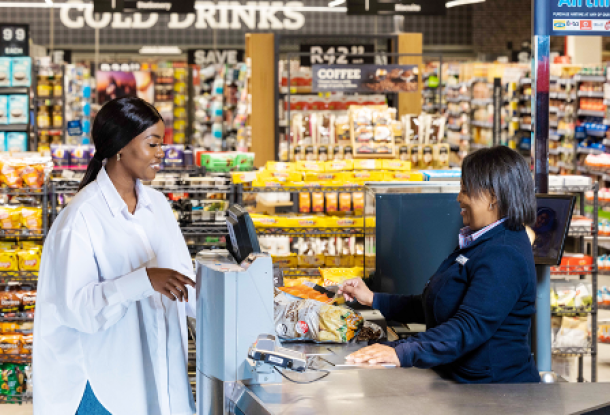Self-Serve alcoholic beverage dispensing technology likely to challenge brand loyalty
With self-serve alcoholic beverage dispensing technology gathering market momentum, major brands may need to adapt to ensure consumer loyalty, according to data and analytics company GlobalData.
Its report -‘ForeSights: Self-serve Alcoholic Beverage Dispensing Technology’ – states that the new on-premise concept has the potential to disrupt the bar and restaurant industry by enabling consumers to dispense their own alcoholic beverages from taps. GlobalData added that the technology, which tracks consumer behaviour and encourages sampling, presents both opportunities and challenges to alcohol manufacturers.
As alcoholic beverages are age-restricted in most markets, service staff must provide drinks in bars, restaurants and other establishments. This results in long wait times and poor service at peak hours, which can lead to lost sales. Some pub operators, like Wetherspoon in the UK, have introduced apps that allow consumers to order from their seats and avoid lines, but this still requires intervention from wait staff.
Tom Vierhile, Innovation Insights Director at GlobalData, said: “Self-serve alcoholic beverage technology frees the consumer from having to wait for beverage service in a crowded situation. Once an establishment validates a consumer is of legal drinking age and is not over-served, it provides the consumer with a radio-frequency identification (RFID) card or bracelet to enable self-service of alcoholic beverages. The RFID system can link to a credit card for payment.”
Much of the appeal of self-serve alcoholic beverage dispensing technology is linked to three major benefits– reduced waste, improved consumer choice (and sales) and lower labour costs (as bars and restaurants can reduce staff since consumers would be serving themselves to some degree).
Vierhile added: “The technology encourages sampling while tracking consumer behaviour at a granular level. Unlike with bottled products, a consumer does not have to commit to or purchase an entire bottle to try a new beverage.”
GlobalData’s Q3 2016 consumer survey found that consumers globally are much more likely to try new or different varieties of wine, ale and craft beer than other types of alcoholic beverages, including spirits and cocktails. People between the legal drinking age and 24 are over twice as likely to often try different ales/craft beers than consumers aged 65-plus (25% versus 12%), but these age differences do not exist for wine.
Vierhile concluded: “Bars and restaurants have been the primary targets for self-serve alcoholic beverage technology, but new installations in supermarkets, hotels and other hospitality venues like cruise ships indicate that the concept may have broader application than first thought. Major brands may have to find new ways to encourage consumers to be brand-loyal in a climate that encourages sampling.”
News Category
- International retailers
- On the move
- Awards and achievements
- Legislation
- Wine and liquor
- Africa
- Going green
- Supplier news
- Research tools
- Retailer trading results
- Supply chain
- Innovation and technology
- Economic factors
- Crime and security
- Store Openings
- Marketing and Promotions
- Social Responsibility
- Brand Press Office
Related Articles
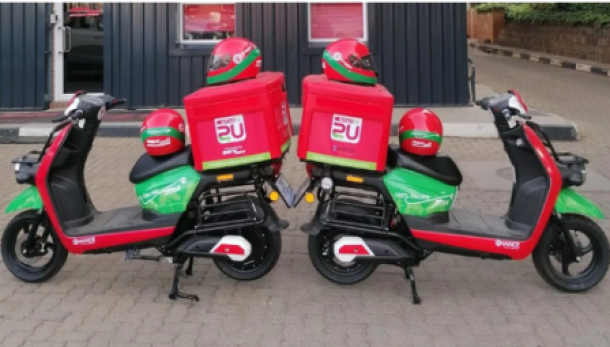
Two local businesses see a gap as food and groc...
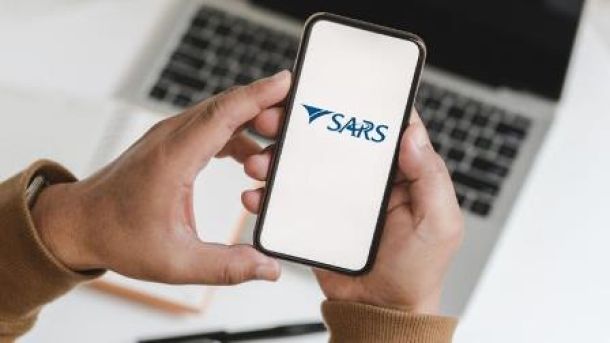
SARS launches WhatsApp channel to help check ta...
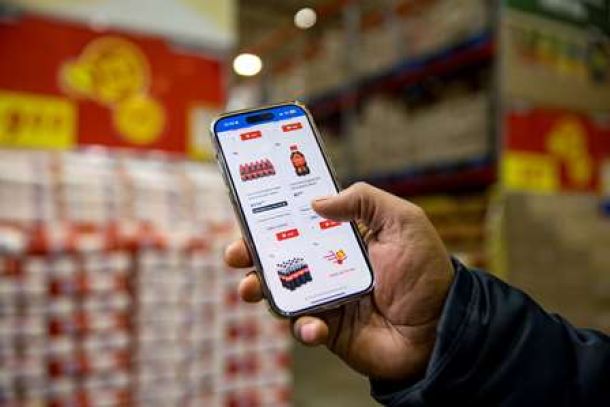
Shoprite launches online shopping and bulk deli...
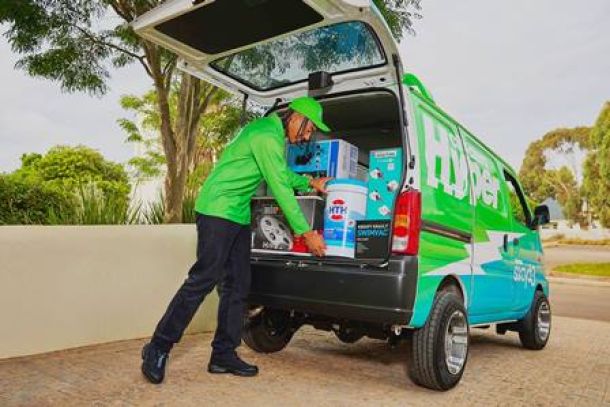
Sixty60 promises lightning-fast delivery of 10 ...
